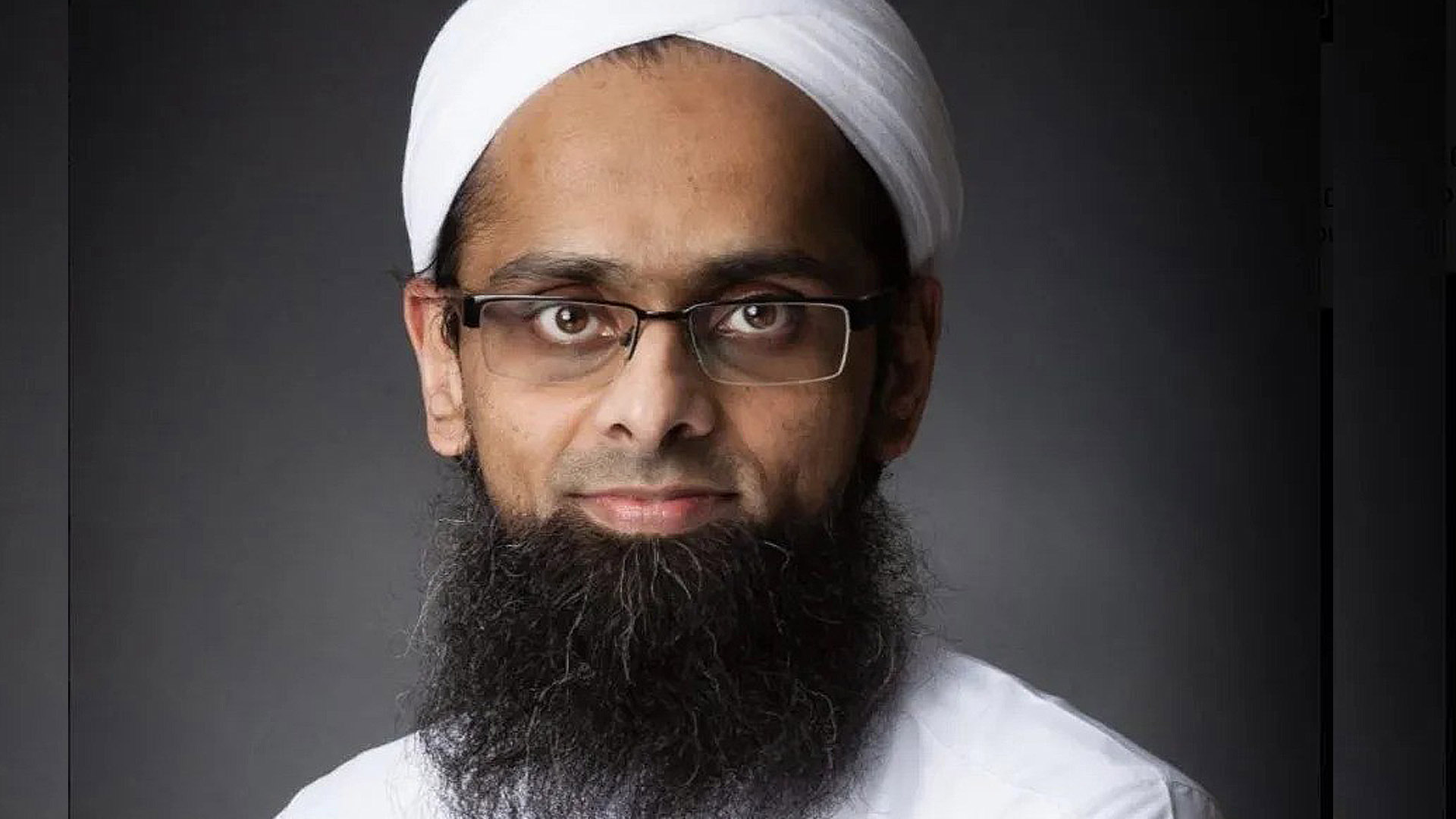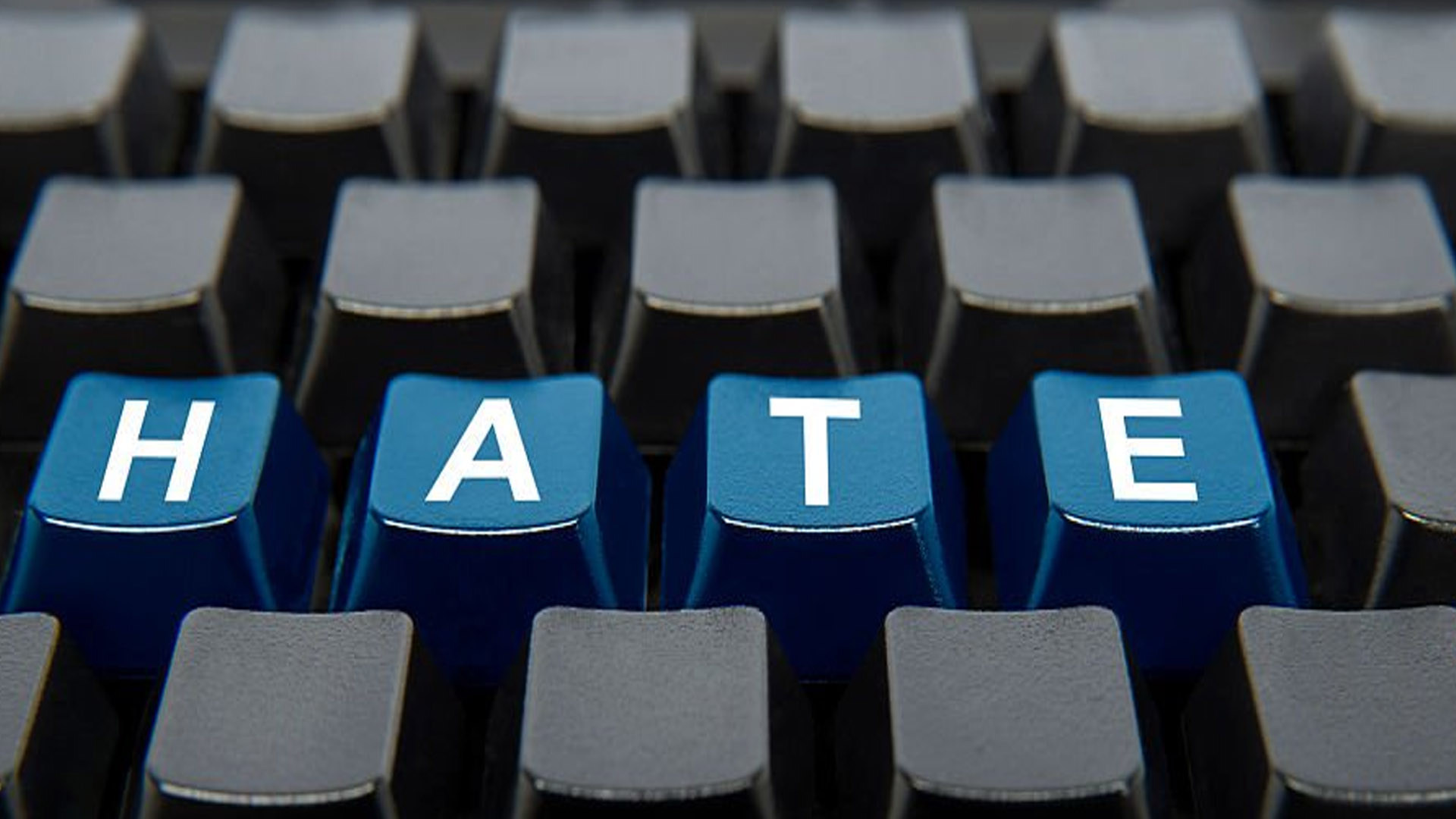
Elham Asaad Buaras
The Trump administration has intensified its crackdown on pro-Palestinian activism with the high-profile arrest of Mahmoud Khalil, a Columbia University protest leader, by US immigration authorities. Khalil, an Algerian citizen of Palestinian heritage and a US green card holder, was detained by Department of Homeland Security (DHS) agents on March 9, sparking widespread outrage among advocacy groups and human rights organisations.
A recent graduate of Columbia University, Khalil played a prominent role in the Gaza solidarity encampment on campus in April 2024. His arrest followed a targeted campaign by pro-Israel activists, according to Writers Against the War on Gaza (WAWOG). The group alleges that DHS agents initially refused to identify themselves and threatened Khalil’s wife, who is eight months pregnant, warning that she could be detained if she remained by his side.
Court documents reveal that Immigration and Customs Enforcement (ICE) arrested Khalil based on Secretary of State Marco Rubio’s assessment that his presence in the US posed “potentially serious adverse foreign policy consequences.” Federal government filings indicate that ICE agents observed Khalil outside his home before detaining him in the building’s front foyer, despite his lawful permanent resident status. DHS spokesperson Tricia McLaughlin previously confirmed the March 9 arrest, though discrepancies in the reported timing remain unaddressed.
William Joyce, acting director of New York’s ICE Enforcement and Removal Operations field office, cited section 237(a)(4)(C) of the Immigration and Nationality Act as the legal basis for Khalil’s deportation proceedings. This rarely used provision allows the secretary of state to declare an individual “deportable” if their presence is deemed detrimental to US foreign policy. Khalil’s legal team, including the Centre for Constitutional Rights, has condemned the use of this statute, likening it to repressive historical precedents such as the Red Scare and McCarthyism.
The arrest has been widely denounced as part of a broader effort to suppress pro-Palestinian student activism. Amnesty International called Khalil’s detention a violation of fundamental human rights. Paul O’Brien, Executive Director of Amnesty International USA, stated, “The arrest and detention of Mahmoud Khalil, a Palestinian student activist and lawful permanent resident, is the latest attack on human rights by the Trump administration. Each and every one of us—regardless of immigration status—has the right to peaceful assembly, freedom of expression, and due process.”
O’Brien warned that targeting activists based on their political speech “sends a chilling message” to students and immigrant communities, reinforcing fears that dissent will be met with repression, detention, and potential deportation. Amnesty has called for Khalil’s immediate release and urged universities to protect students from immigration enforcement actions linked to their activism.
In response to Khalil’s arrest, hundreds of protesters gathered in Times Square on March 15 as part of a national day of action to demand his release. Organised by several advocacy groups, including Shut it Down for Palestine, the New York Chapter of the Palestinian Youth Movement, and the People’s Forum, the demonstration began at 3:00 p.m. in Times Square and proceeded with a march to the Columbus Circle roundabout in front of Trump Tower. The protest underscored the growing anger over the administration’s treatment of pro-Palestinian activists and the broader crackdown on dissent.
Despite public backlash, President Donald Trump defended the arrest, calling it “the first of many to come.” He reaffirmed his administration’s commitment to suppressing what it claims to be antisemitic activity on university campuses.
On March 12, US District Judge Jesse Furman extended his order blocking Khalil’s deportation following a hearing in Manhattan’s federal court. Furman had initially issued a temporary stay on March 10 to assess whether Khalil’s arrest violated constitutional rights, particularly First Amendment protections related to free speech. The judge extended the block for several more days and scheduled a follow-up hearing on March 14.
Khalil’s legal team argues that his detention and potential deportation are retaliatory actions against his pro-Palestinian activism, violating his right to free expression. On March 13, his attorneys filed an amended petition for a writ of habeas corpus, naming Trump, Rubio, and others as respondents. His legal representation includes attorneys from the American Civil Liberties Union (ACLU), Creating Law Enforcement Accountability & Responsibility (CLEAR)—a legal aid group at the City University of New York (CUNY) School of Law—and the Centre for Constitutional Rights.
Khalil’s lawyers have requested that he be transferred from the Louisiana immigration detention centre to New York, where he would be closer to his legal team and family. His wife has expressed concern over his detention conditions. While Judge Furman’s order has temporarily halted his deportation, Khalil remains detained as his legal battle continues. Meanwhile, he is set to appear before a Louisiana immigration judge on March 27.
Photo: Demonstrators gather in New York City on March 15, 2 to demand the immediate release of pro-Palestinian activist Mahmoud Khalil from ICE detention, showing solidarity in the fight for his rights. New York, US.
(Credit: Mostafa Bassim/AA)
READ MORE GAZA SIEGE SPECIAL COVERAGE
Yemen ignites: Another warfront opens after Gaza as US strikes deepen conflict
BBC faces backlash from media figures over Gaza documentary removal
Blackburn College imam resigns over ‘Palestine Awareness Day’ cancellation

